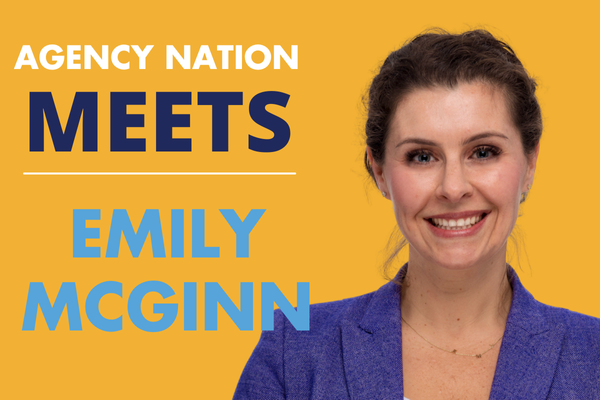How to Stop Cold Calling and Sell Even More

By: Chris Jarvis
Why does the negative stereotype of a salesperson persist in our culture? The simple answer is that the general public does not trust salespeople. They don’t believe salespeople put the needs of clients ahead of their own financial interest.
Your sales career won’t progress unless you face this reality—and take action!
How can you help your clients and prospects see the wisdom of your advice without coming across as sales-y?
1) Give away your secrets. While earning my MBA in the late 1990s, I entered a business plan competition with my idea. I had started a physician-focused financial services firm that based client development on education marketing. I did not win.
The judges said, “Your business model is based on a flawed premise—you believe you will be able to reach physicians. They have tons of people knocking on their doors every day, and they have well-trained gatekeepers.”
Twelve years later, I’d written 10 books for doctors, published more than 100 articles and hosted more than 100 seminars—and 15,000 physicians had called or emailed me asking for assistance.
Why did so many doctors contact me instead of working with local people? Why did doctors from all parts of the country fire local advisers and hire my firm, without ever meeting me in person? They did it because I delivered valuable information and non-proprietary educational materials with no strings attached.
2) Turn prospects and peers into partners. A mentor of mine once encouraged me to spend time with other advisers, in various fields, learning what they do well. He taught me to ask questions like:
- What is the most profitable service you offer?
- What types of clients are most difficult for you?
- What is your ideal client, and why is that so?
- What is your favorite type of problem to solve?
- Who is your most valuable referral source? Why?
My goal is to make 50 referrals to other advisers each year. I refer prospects and clients to other service providers, clients to other clients, and professionals to other professionals. To receive more referrals, make more referrals.
It’s not important for me to be paid for these introductions. What is important is that I show clients and strategic partners that I am interested in their continued success.
Before you dismiss this practice as wasteful, consider that I’ve received handwritten thank-you notes for recommending advisers. I don’t get thank-you notes for completing large cases, but I do get them for introductions. People really appreciate thoughtfulness, especially when there is no financial incentive for it.
A few years ago, I referred two clients to an attorney at a national firm. Total billings were approximately $100,000. Both clients mentioned this introduction in their holiday cards to me. Two years later, I’d earned more than $2 million in insurance commissions from referrals from that same attorney.
Unsure who your clients need to meet? Make it a practice to survey your clients every year. Ask them what their goals are for the year, what they worry about most, and what they want to finally check off their to-do list. The answers will keep you busy and earn you their trust and appreciation.
3) Leverage your limitations. Clients get frustrated when an adviser immediately says they can do something, then doesn’t follow through or spend time and money learning how to do it.
Clients are willing to accept an honest answer of “No,” or “I don’t know, but I will research the best solution for you.” They don’t expect advisers, or any human being, to know how to do everything. But they do expect—and respect—honesty and effort.
When your potential customers and colleagues see you as valuable, trustworthy and caring, you will never have to sell anything ever again.
Chris Jarvis specializes in finding unconventional growth paths for business owners, sales organizations and nonprofits. He is the author of 15 books, including the new bestseller “6 Secrets to Leveraging Success” and “The 12-Day Turnaround Course” for agents and agencies. IA readers can contact Chris to receive a free copy of “101 Questions.”










